Effective Water Treatment Scheduling
Water treatments are essential processes designed to improve water quality for various uses, including residential, commercial, and industrial applications. Proper timing of water treatments ensures optimal effectiveness, safety, and cost-efficiency. Understanding when to perform these treatments can prevent issues such as water contamination, scaling, and equipment damage.
Water treatments are often most effective when aligned with seasonal changes to address temperature fluctuations and water usage patterns.
Regular testing helps determine the best timing for treatments by identifying contaminants and water chemistry variations.
Scheduling treatments before issues arise can extend equipment lifespan and reduce long-term costs.
Treatments are best timed before periods of high water demand to ensure water remains safe and clean.

Various equipment such as filters and purifiers are used during treatments to improve water quality.
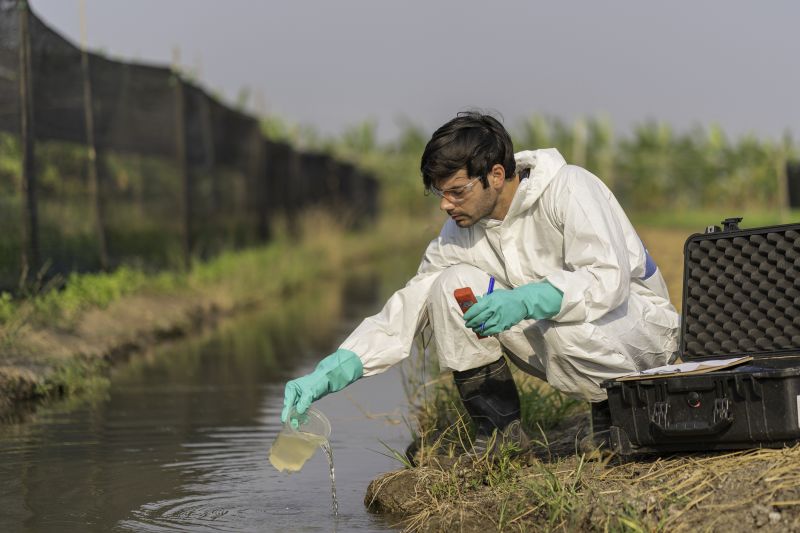
Samples are analyzed to determine optimal treatment times based on water chemistry.

Chemical dosing is carefully timed to prevent scaling and corrosion.

Ways to make Water Treatments work in tight or awkward layouts.
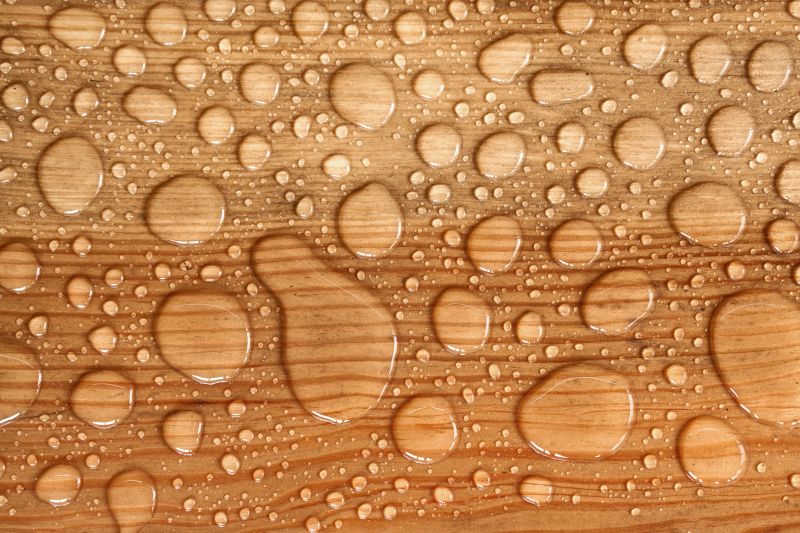
Popular materials for Water Treatments and why they hold up over time.

Simple add-ons that improve Water Treatments without blowing the budget.
| Optimal Timing Factors | Details |
|---|---|
| Temperature Changes | Adjust treatments seasonally to account for temperature fluctuations. |
| Water Usage | Schedule treatments before high-demand periods. |
| Water Quality Tests | Perform treatments based on test results indicating contamination. |
| Regulatory Deadlines | Align with local compliance schedules. |
| Equipment Maintenance | Plan treatments around maintenance schedules to maximize efficiency. |
Water treatments involve various processes such as filtration, chemical dosing, and disinfection to improve water quality. These procedures are crucial for removing contaminants, reducing scale buildup, and preventing corrosion. Proper timing enhances the effectiveness of treatments, minimizes disruptions, and ensures water safety for users.
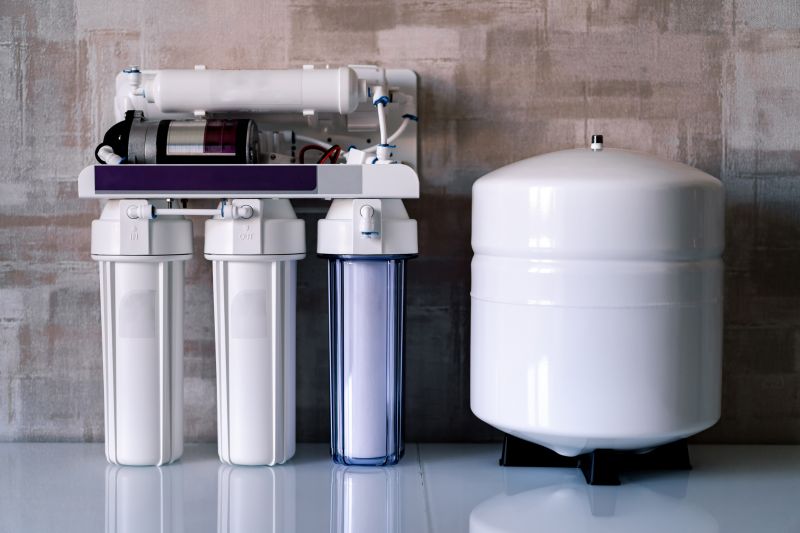
Filtration systems are used to remove particles and impurities from water.
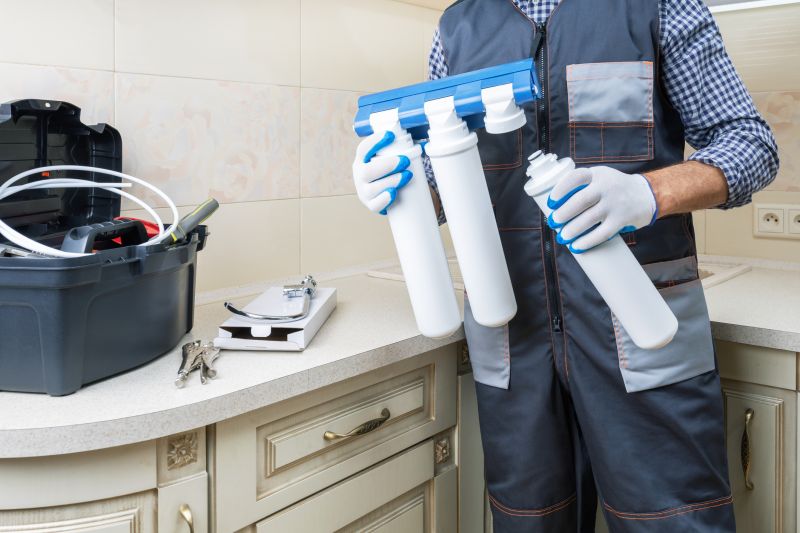
Precise chemical dosing is essential for effective water treatment.
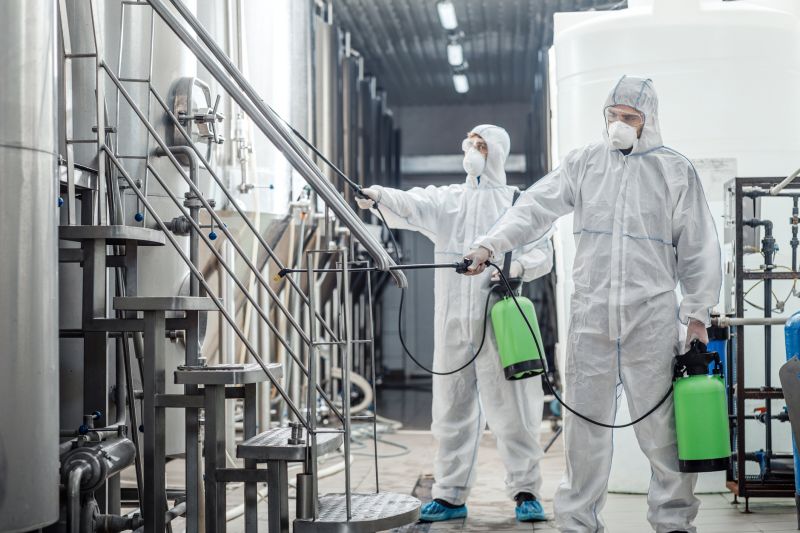
Disinfection methods ensure water is free from harmful microorganisms.
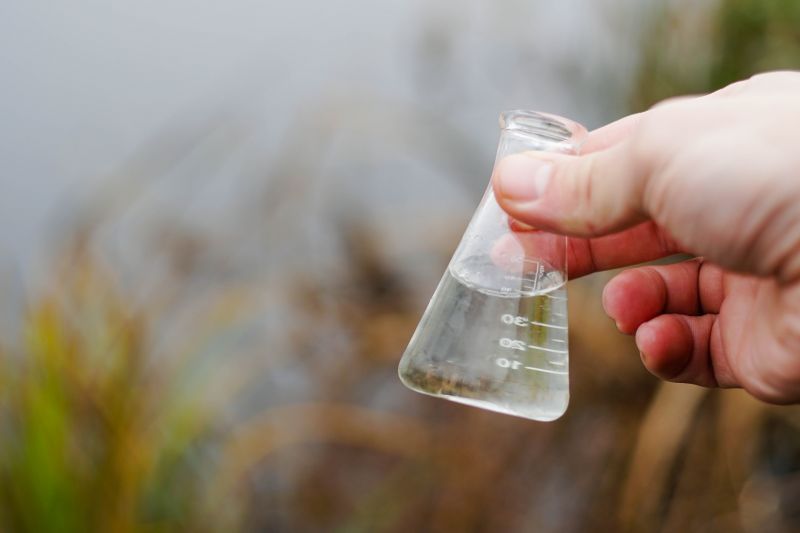
Regular testing confirms treatment effectiveness and water safety.

High-end options that actually feel worth it for Water Treatments.
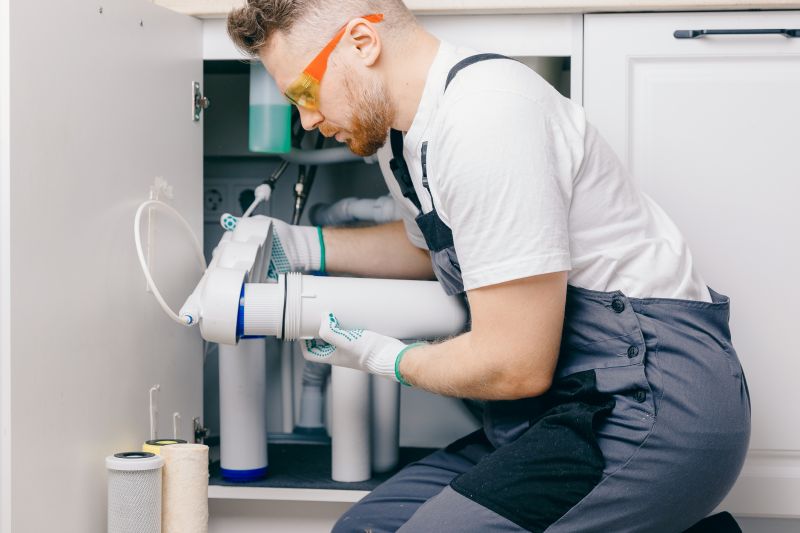
Finishes and colors that play nicely with Water Treatments.
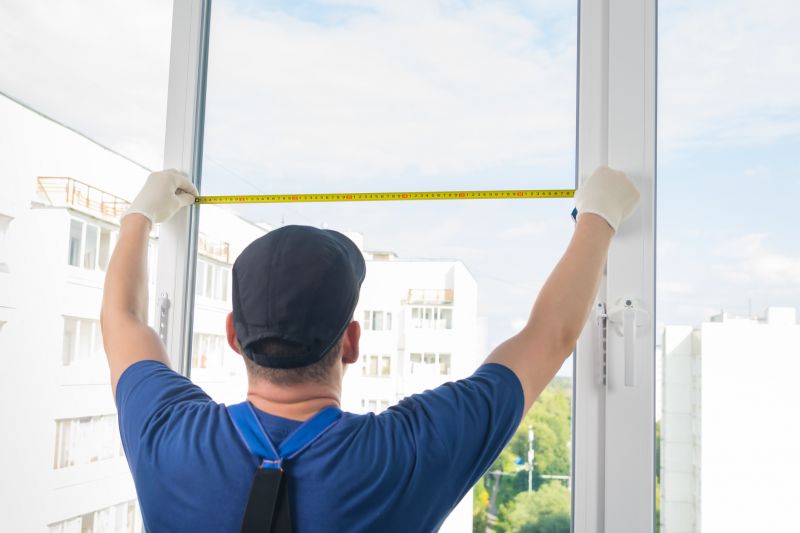
Little measurements that prevent headaches on Water Treatments day.

A 60-second routine that keeps Water Treatments looking new.
Scheduling water treatments at appropriate times can prevent costly repairs, improve water safety, and ensure compliance with health standards. It is recommended to conduct treatments proactively based on water quality data and seasonal considerations to maintain optimal water conditions.
Interested in scheduling water treatments? Fill out the contact form to receive professional assistance.

